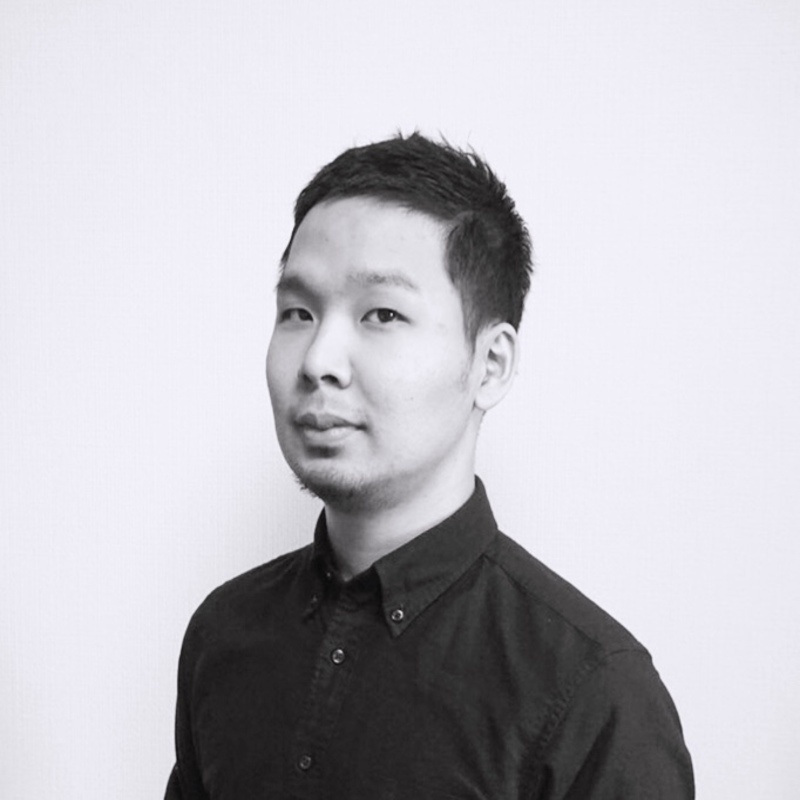Recently, Python engineers have more opportunities to work with data scientists than before. At the same time, they are often faced with the research-oriented code written by researchers or data scientists. In order to integrate this code with systems such as APIs, python engineers need to additionally write the code or refactor it, and make them work on the server.
This tutorial will provide chances to experience the whole process from analysis to API development by using python. In more detail, this tutorial covers the gap between the research-oriented code and production code of machine learning APIs. What is the gap between them? How it can be implemented based on real-world python code? How can the code validate whether the dataset is correct? How can machine learning models be continuously inspected? Audiences can earn the answers to these questions from this tutorial.
This tutorial will provide chances to experience the whole process from analysis to API development by using python and online learning dataset. In other words, audience can experience how the results generated from data science are used for machine learning products. At the same time, audience which is involved with AI/ML projects can know best or better practices of ML APIs development with pythonic code.
The tutorial use a original sample ML API integrated with the ML models to predict online test results based on * [Item Response Theory (IRT)](https://en.wikipedia.org/wiki/Item_response_theory). Other than IRT and online learning dataset, there are some tools used in this tutorial like Python, Flask, Locust (which is a flask based loading test tool), GKE, and Cloud Monitoring.
